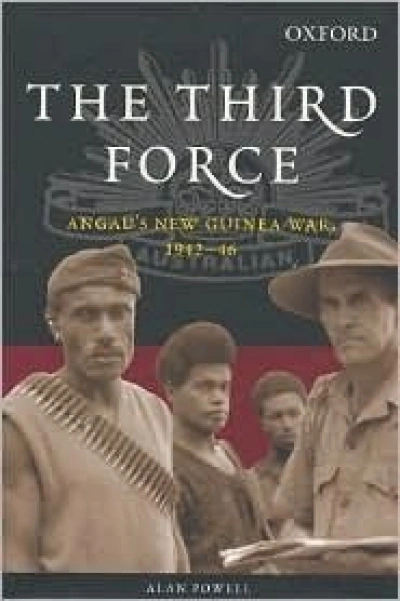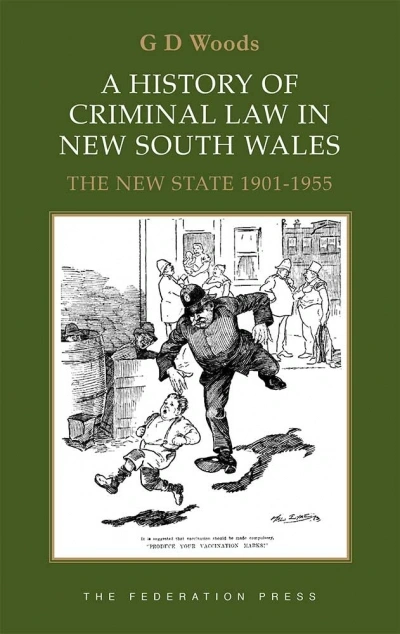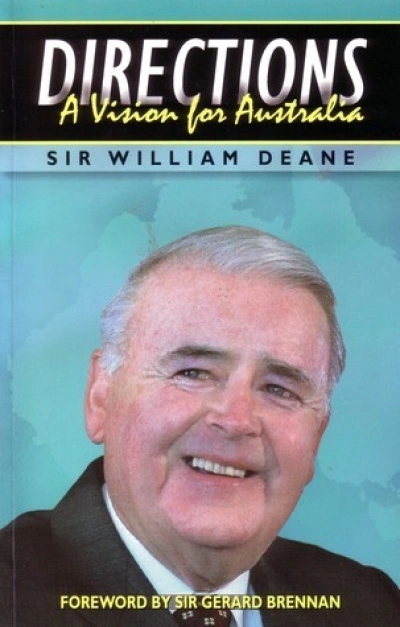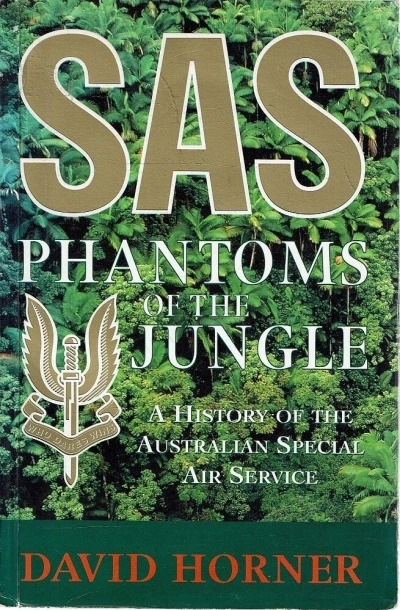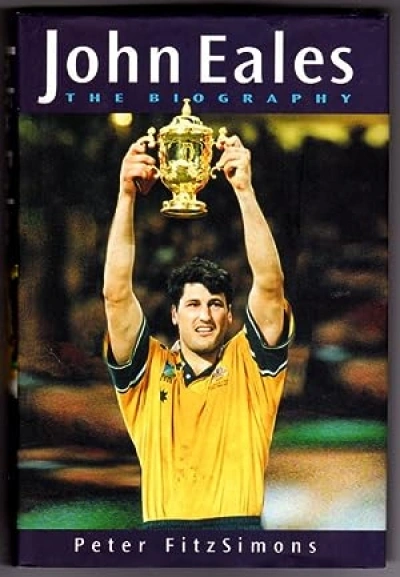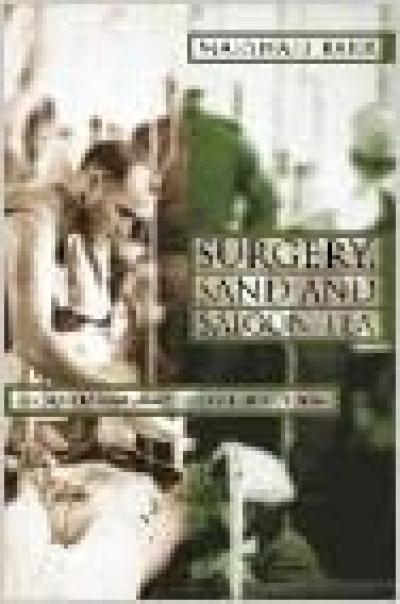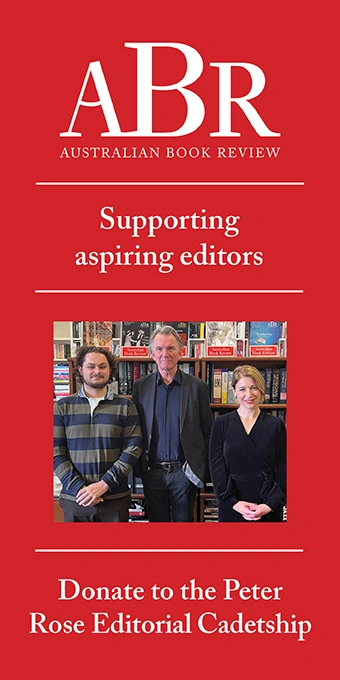Hugh Dillon
The Third Force: Angau’s New Guinea War 1942-46 by Alan Powell
by Hugh Dillon •
A History Of Criminal Law In New South Wales: The Colonial Period 1788-1900 by Hugh Dillon
by Hugh Dillon •
Directions by William Deane & Sir William Deane by Tony Stephen
by Hugh Dillon •
SAS: Phantoms of War by David Horner & Chased by the Sun by Hank Nelson
by Hugh Dillon •
Surgery, Sand and Saigon Tea by Marshall Barr & Behind Enemy Lines by Terry O'Farrell
by Hugh Dillon •


